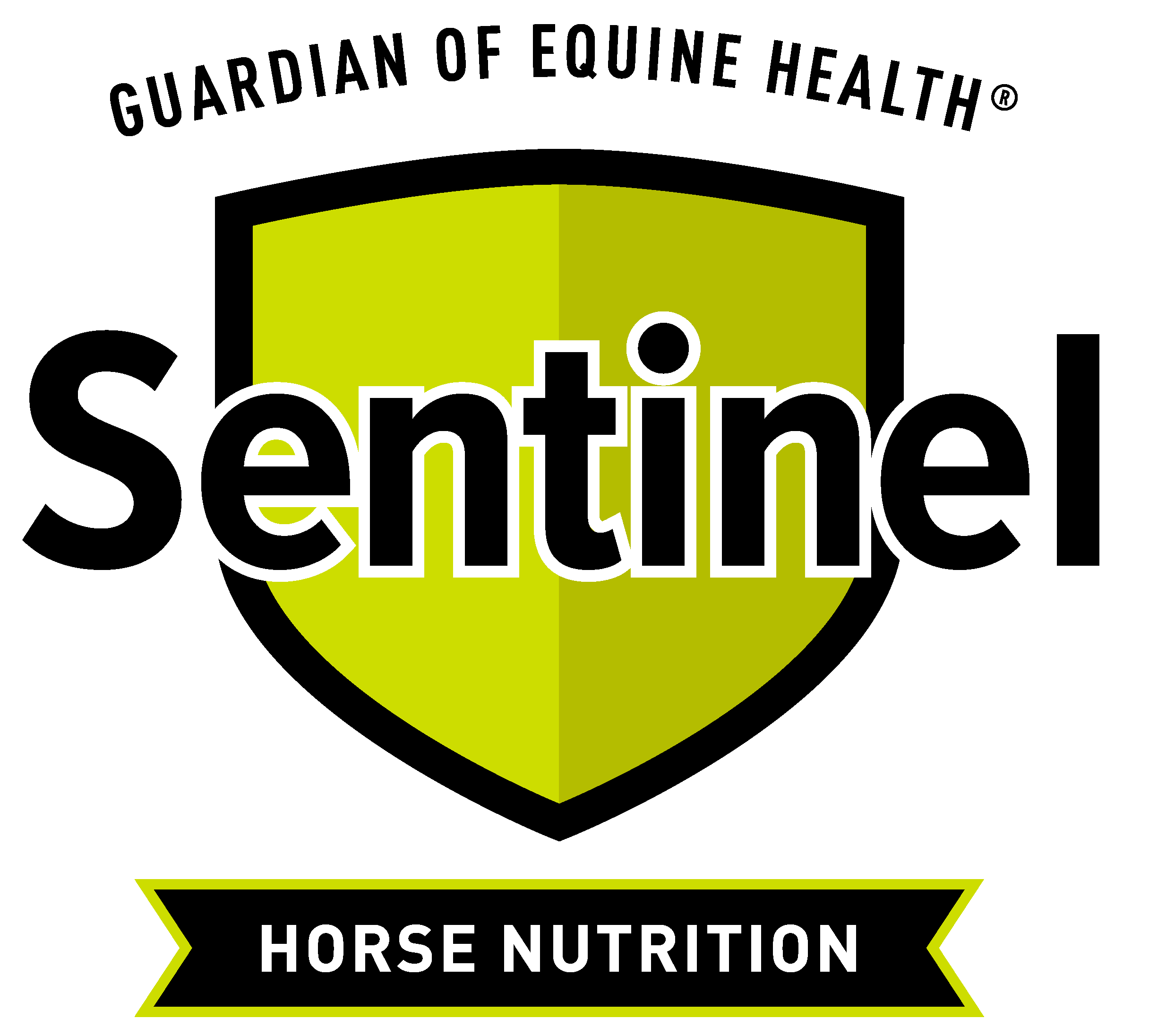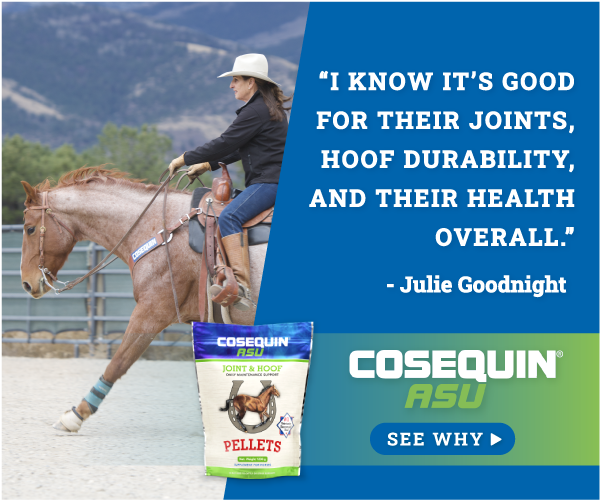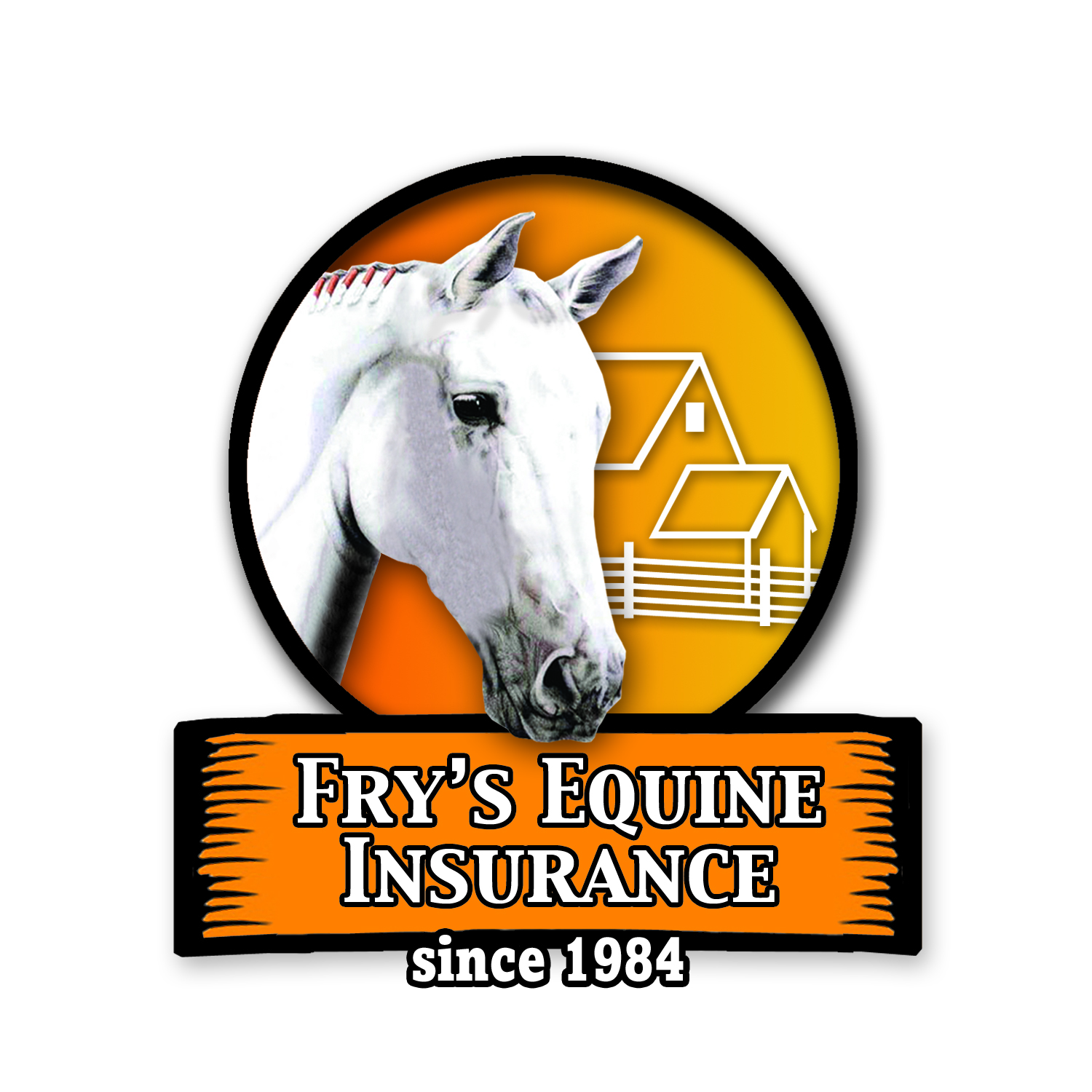Corona Horse World Update for March 17, 2020: (Please Share)
UPCOMING CRISIS FOR OUR HORSES AND ANIMALS…be ready to help. From Technical Large Animal Emergency Rescue and Dr. Rebecca Gimenez Husted:
There is a LOOMING DISASTER for horses, livestock and pets (especially small numbers that are personally owned) as now unemployed people run out of money and resources and may not have banked enough hay, feed and supplies for their animals. More especially – as people get sick and may not be able to physically get up and go out to do those chores.
Since we are (in the Northern Hemisphere) coming into SPRING, many people are reaching the end of their hay quantities JUST as the COVID-19 disaster is forcing small businesses, venues and employed people to stay home with their children with less cash in hand.
***THINGS YOU CAN DO TO HELP***
1. If you have the opportunity, reach out to those that may be less fortunate or infirm and ensure they have planned for their animals (hay, feed, etc.) into the coming months. If you know people that are always JUST barely able to get by with caring for their animals – this might push them past the brink.
2. Reach out to someone YOU trust AHEAD of any sickness to coordinate for animal care in case you get sick (flu, injury, COVID-19 etc.) so that they know HOW to provide seamless care for the animals (where your supplies are, etc) just as you would for a hired pet-sitter. In my opinion – hired (PAID) assistance is usually more reliable.
3. Remind people in your communities that ANIMALS are part of our community and may need to consider pet or large animal sheltering on a small scale for people that are sick and can’t care for their animals. For large animals – this may be SHELTER IN PLACE care where teams go to their home locations and check on the animals regularly. Check with your animal response teams and animal control shelters to see if this is being coordinated for.
4. KEEP YOUR EYES OPEN for animals that are not being cared for, loss of weight and neglect – call your ANIMAL CONTROL OR WELFARE OFFICERS FIRST to get involved with education and correction of the problem. A good relationship with your local Animal Control / Welfare officers can often mean that they call trusted members of the community for assistance with specific issues – i.e. someone loses their income and can’t afford to take care of their animals properly. In some areas – like Alberta Canada – there is a welfare (800) number at AFAC to call if you have a concern – then a livestock or industry professional colleague goes out to check on the situation before law enforcement gets involved.
5. If you board at a facility with your horses, look around to make sure that others (and your management) are doing smart things to prevent illness spread (biosecurity for animals and people), proactively mitigating challenges, and planning for back ups in case of limited supplies and resources. Don’t be afraid to speak up and ask.
6. If you are starting to see unusual lack of hay, feed and other resources in your communities, reach out to your LOCAL AND STATE agricultural animal response teams and emergency managers – this would be at your state’s ESF-11 of the EOC (Emergeny Operations Centers) and let them know this is happening. They should be ON TOP of this NOW and planning for hay banks, pet food and animal resources to help people get thru this coming situation.
While I prefer that all animals get the very BEST OF CARE which I am sure all of you are working to provide – I remind all of you that pasture, hay and water are what large animals NEED – and they will survive less feed if you provide MORE turnout and hay. If you don’t have the cash for that bag of horse feed and can’t get out to muck stalls because you feel awful, get bales of hay instead and turn them out in pastures and paddocks. This makes it easier to ensure they stay healthy – even if they look muddy, hairy and get a few bites and kicks from their pasture friends.
Thank you as a group for getting the word out, planning and preparing for taking care of animals in YOUR communities, and sharing this information as a reminder to your jurisdiction. Resilience in our communities is something that all of us should be working towards – and that includes the animals that are part of our families and livelihoods.
Disaster impacted areas always have these types of problems AFTER the initial wave of impacts – and since this is a GLOBAL situation – we can expect to see it in MANY PLACES. While animal care is an OWNER RESPONSIBILITY – many people will not have the resources or be physically capable for short periods of even longer periods if they get ill.
Meanwhile – wash your hands, use a LOT of toilet paper (Just kidding!), and enjoy your chance to stay home and catch up on whatever you have always wanted to do with your family and animals! Now you have the TIME!















